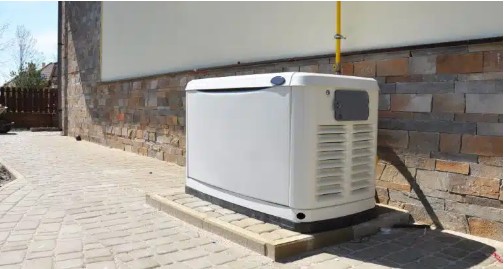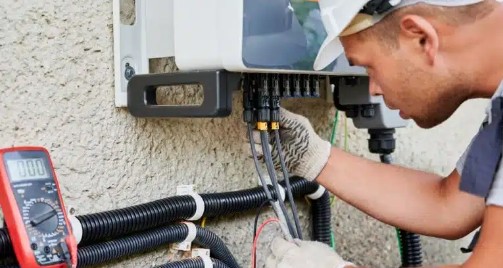When it comes to home power outages, having a reliable generator can make all the difference. Whether it’s due to a storm, a power grid failure, or an unexpected event, losing power can disrupt your life and create a lot of inconveniences. Choosing the right generator ensures that your home stays powered up during these critical moments. With a wide range of options available, selecting the perfect generator may seem overwhelming. This guide will help you understand the factors to consider so you can confidently make an informed decision.

Understand Your Power Needs
Before purchasing a generator, it’s essential to assess your power needs. Consider which appliances and systems you want to keep running during an outage, such as refrigerators, lights, heating or cooling units, or medical equipment. Calculate the total wattage required by adding up the power needs of each item you plan to power simultaneously. Generators are typically rated in watts, so knowing how much power you require will help you choose the right size. For instance, a small portable generator may be enough for basic needs, while a larger standby generator may be necessary for whole-house backup.
Types of Generators
Generators come in various types, each designed for different needs. Portable generators are smaller and can power essential items like lights, a refrigerator, or a small heater. They are ideal for short-term outages or outdoor activities like camping. On the other hand, home generators, such as standby units, are permanently installed outside your home and automatically kick in when the power goes out. They are ideal for providing backup power to an entire home, including large appliances, and can run for longer periods without refueling. Understanding the differences between these types will help you choose the one that best suits your needs.
Fuel Type Considerations
Another important factor to consider when selecting a generator is the fuel type. The most common options are gasoline, propane, and diesel. Gasoline-powered generators are widely available and relatively affordable, but they tend to be less fuel-efficient and require more maintenance. Propane generators offer a cleaner-burning alternative and are known for their longer shelf life, but they may require more storage space for fuel. Diesel generators are often used for larger, more industrial applications, offering high efficiency and durability. Choose a fuel type based on availability, cost, and your preferred maintenance level.
Noise Level and Location
Generators can be noisy, which may become an issue, especially if you’re using them in a residential area. Noise levels can vary between models, so it’s worth considering how loud the generator will be during operation. Standby generators tend to be quieter than portable ones, but it’s still important to check the decibel rating. Additionally, the location of your generator is crucial. For safety reasons, never operate a generator indoors or in an enclosed space, as this can lead to carbon monoxide poisoning. Choose a location outside, away from windows and vents, to ensure proper ventilation.
Budget and Warranty
Generators can range in price from a few hundred dollars to several thousand, depending on their size, features, and fuel type. While it might be tempting to go for the cheapest option, it’s important to balance cost with reliability and performance. Consider the long-term investment and choose a generator that provides good value for your budget. Don’t forget to check the warranty, as a reliable warranty can provide peace of mind in case the generator needs repairs or parts replacement. A good warranty ensures that you are covered for a reasonable period, protecting your investment.

Choosing the perfect generator for your home involves evaluating your power needs, budget, and long-term goals. By understanding the different types of generators, considering the fuel options, and ensuring ease of maintenance, you can make an informed decision that will keep your home powered during any emergency. With the right generator, you’ll have peace of mind knowing that you’re prepared for the unexpected.






